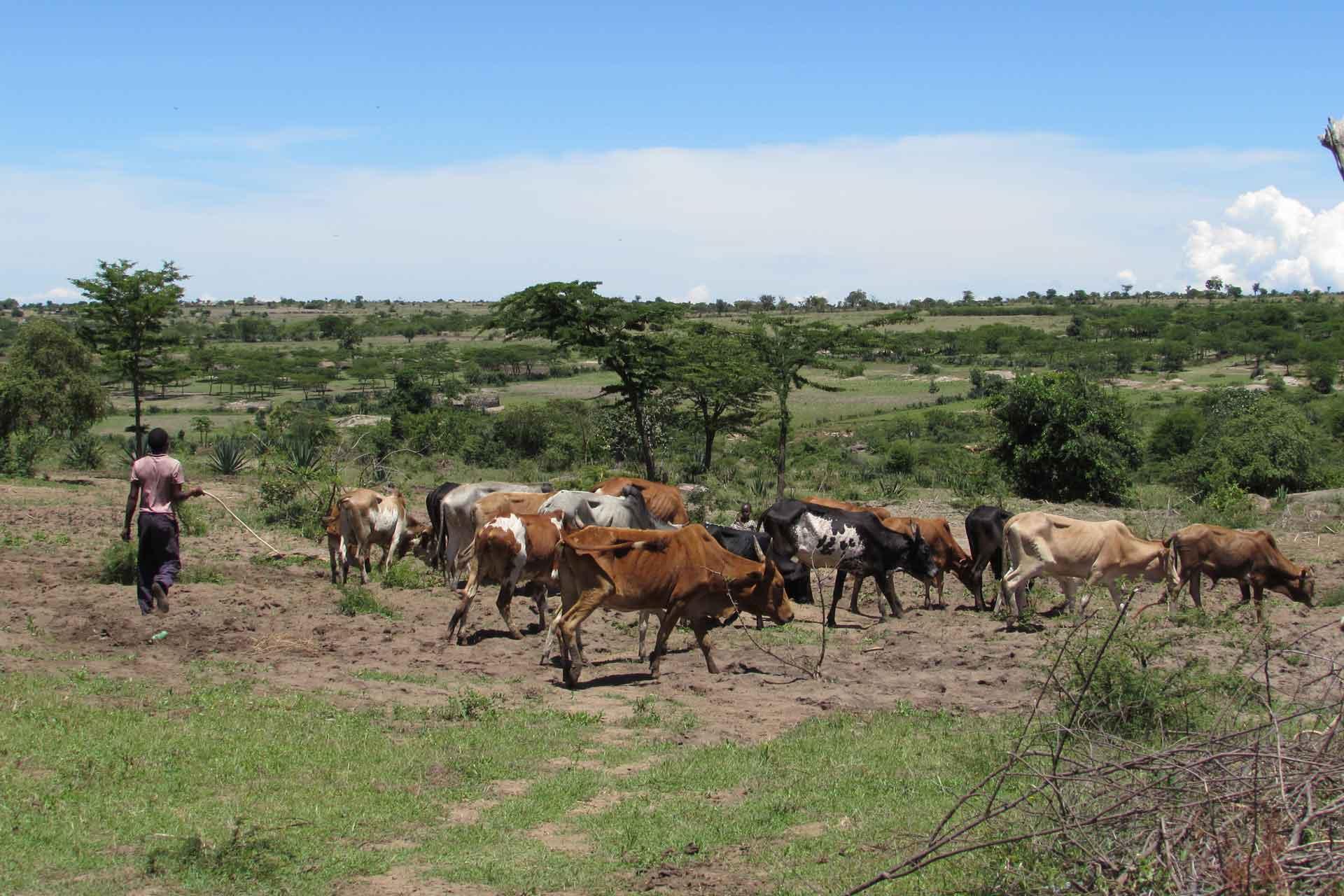Retrospective characterisation of the 2006-07 swine vesicular disease epidemic in northern Italy by whole genome sequence analysis
Advances in the epidemiological tracing of pathogen transmission have been largely driven by the increasing characterisation of whole-genome sequence data obtained at a finer resolution from infectious disease outbreaks. Dynamic models that integrate genomic and epidemiological data further enhance inference on the evolutionary history and transmission dynamics of epidemic outbreaks by reconstructing the network of of ‘who-infected-whom’. Swine Vesicular Disease (SVD) was present in Italy from 1966 until 2015, and since the mid-1990s, it has mainly been circulating within Italy's central-southern regions with sporadic incursions to the north of the country. However, a recrudescence of SVD in northern Italy was recorded between November 2006 and October 2007, leading to a large-scale epidemic that significantly affected the intensive pig industry of the Lombardy region. In this study, by using whole-genome sequence data in combination with epidemiological information on disease occurrences, we report a retrospective epidemiological investigation of the 2006-2007 SVD epidemic, providing new insights into the transmission dynamics and evolutionary mode of the two phases that characterised the epidemic event. Our analyses support evidence of undetected premises likely missed in the chain of observed infections, of which the role as the link between the two phases is reinforced by the tempo of SVD virus evolution. These silent transmissions, likely resulting from the gradual loss of a clear SVD clinical manifestation linked to sub-clinical infections, may pose a risk of failure in the early detection of new cases. This study emphasises the power of joint inference schemes based on genomic and epidemiological data integration to inform the transmission dynamics of disease epidemics, ultimately aimed at better disease control.

